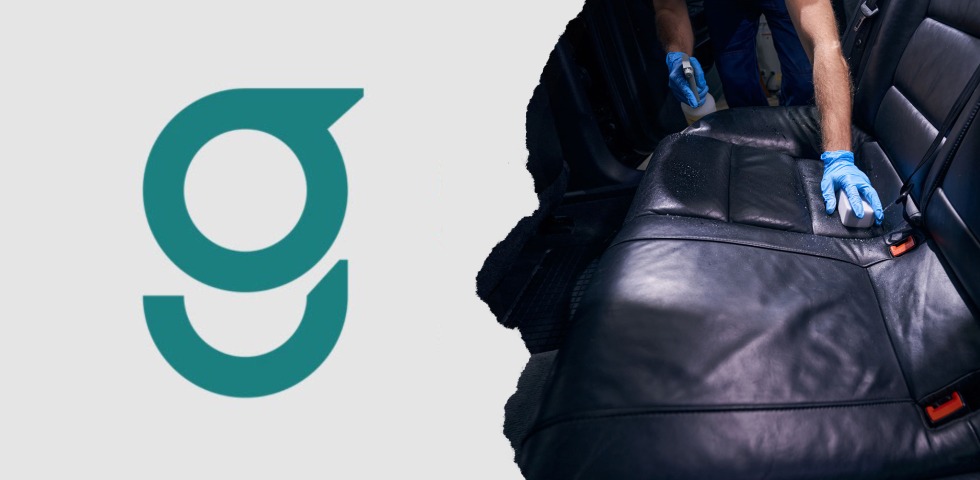
This article is written by Ram Iyer of Geist. Read more about leather surfaces and caring with them using Geist items below!
What has changed?
The surfaces in cars are today made with an almost entirely different chemistry than those of a few years ago. The polymer surfaces, plasticisers, tanning agents, solvents, oils and pigments (to name but a few) are today, to the best of our knowledge, free of chemicals that can harm unborn children, harm marine life or accumulate ‘for ever’ in the environment. These are controlled and no longer permitted in modern vehicles.
Smart Materials:
Some modern textiles and polymer surfaces can contain micro-sensors that gather data such as temperature and moisture and can regulate comfort levels by adjusting the temperature. Some can even change the surface colour. Others are resistant to bacteria or viruses. Technology for cleaning and protection of functionally layered and composite substances has been developed by Geist technicians.
Ageing Processes:
Advances in analytical chemistry, now allow us to understand ageing processes better. New plant, algae and fungi derived molecules give us new possibilities to protect surfaces and to increase their useful life. At Geist, we are committed to using plant and algae derived ingredients wherever they offer high levels of performance. Geist. also does not use forever chemicals.
A question we are often asked is:
‘household detergents clean leather and synthetics perfectly well. Why do I need a special cleaner?’
- It is generally not difficult to clean flexible surfaces. It takes knowledge, however, to clean them without causing long-term damage.
- To clean fast one needs energy: e.g., rubbing (friction), heat (hot water), chemical energy (e.g. solvents, detergents with high pH). Energy can also damage flexible surfaces.
A secret of some Geist products is the factor of time. For example: Geist Rapid Leather & Vinyl Cleaner is a true innovation. Unlike almost all other cleaners it can be left on stained surfaces for longer periods as it is a soil lifter and contains no substances that cause swelling of topcoats. It lifts stains to the surface…without rubbing or stressing the surface. This saves time to do other things…while Geist works for you. We are very encouraged by the positive feedback from customers.
Some claims made by producers for their products are (put mildly) unhelpful. Anyone with any basic knowledge of modern flexible synthetic surfaces must scratch their head and wonder at the following:
‘ Vegan leather (cracks because it) doesn’t retain moisture as well as real leather does.’
- Leather certainly retains moisture as it is tanned protein (collagen). Without moisture it will shrink and loose flexibility. With polyurethane leather imitations it is the opposite. Even high-quality polycarbonate-polyurethane surfaces such as are found in modern electric vehicles are susceptible to oxidative degradation speeded by light, heat, bacteria, and moisture. If water is retained, they will eventually crack. That is why the producers test ‘Vegan Leather’ for ‘hydrolytic stability’ in accelerated ageing tests.
‘ Grape Seed Oil…Prevents UV damage…Contains antibacterial properties…’
- Fact check: Grape seed oil shows extremely low oxidative stability. It becomes rancid (acidic) more quickly than almost all other edible oils tested (see link below). It forms peroxides and radicals that certainly damage polymers. Source: ncbi.nlm.nih.gov
‘Grape Seed Oil…Hydrates and locks in moisture’
- Fact check: Water, light and bacteria can and do degrade PU polymers. This is called hydrolysis. ‘Vegan leather’ care products should never ‘lock in moisture’. Source: Wikipedia
‘Products for real leather can be too harsh for vegan leather’s delicate structure’.
- Fact check: Leather cleaning products generally have a neutral or slightly acidic pH. Polyurethane is not damaged by mildly acidic or mildly alkaline pH cleaners.
‘… real-leather conditioners…can clog pores (of Vegan leather)’.
- Fact check: PU does not have pores.
